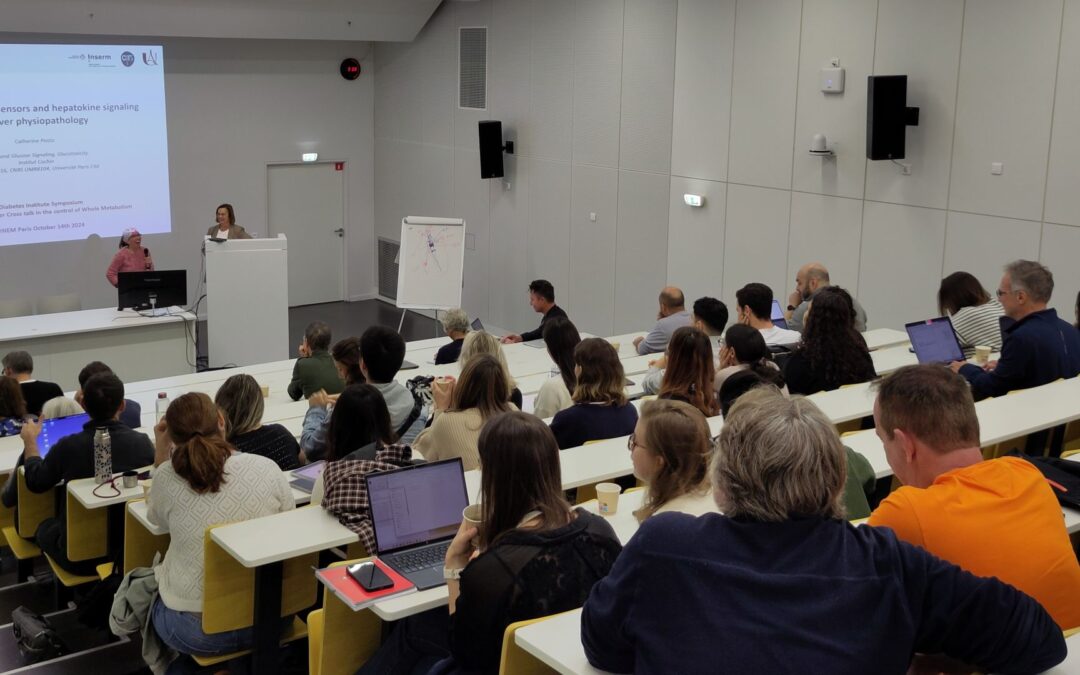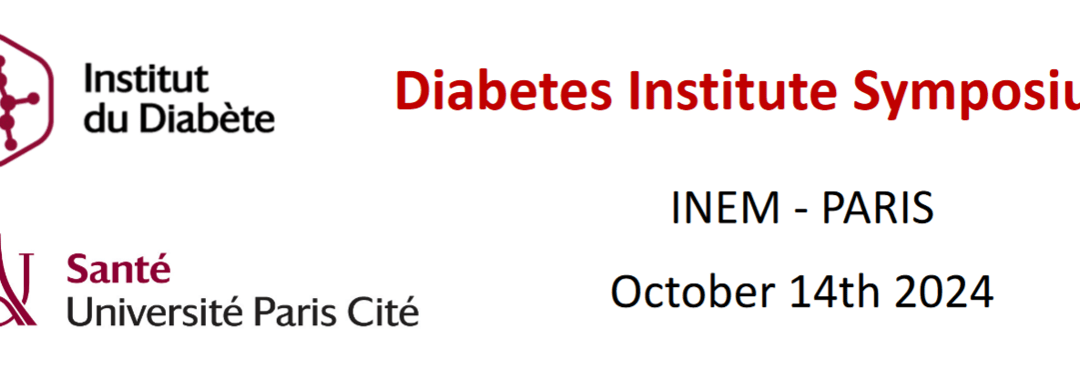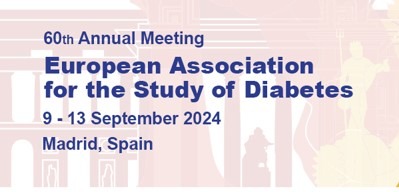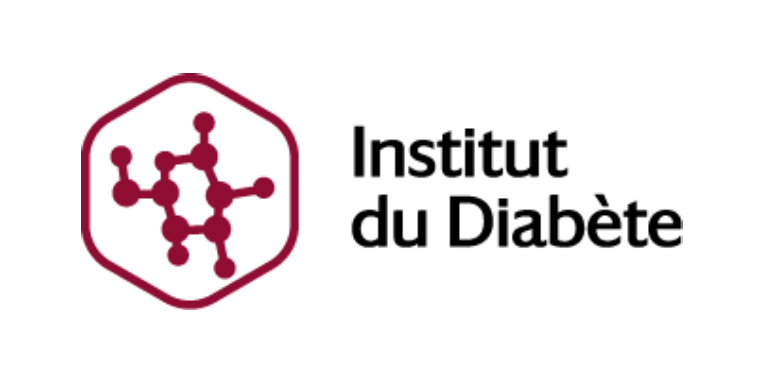Diabetes and the immune system
This programs aims at creating human cohorts and providing data for research questions.

Presentation of β-cell peptides by antigen-presenting cell (APCs). APCs bearing these autoantigens interact with autoreactive CD4+ T lymphocytes, which in turn mediate the activation of autoreactive CD8+T cells. CD8+ T cells return to the islet and lyse β cells expressing immunogenic self-antigens on major histocompatibility complex class I surface molecules.β-cell destruction is exacerbated by the release of proinflammatory cytokines and reactive oxygen species from macrophages, natural killer cells, and neutrophils. This process is amplified by defects in regulatory T lymphocytes. Activated T cells stimulate B lymphocytes to produce autoantibodies against β-cell proteins. These autoantibodies are considered a defining biomarker of type 1 diabetes.
© Lancet
Teams involved in this program
Read more

Post Doctoral Position
Fully funded 2-year Post-doctoral position in the team of Dr. Ralf JOCKERS, at Institute Cochin

2024 Scientific Annual Day of the Diabetes institute
On Monday, October 14th, the annual Diabetes Institute Scientific Day took place, bringing together around 100 participants at the INEM. Opening of the Annual Scientific Day of the Diabetes Institute Maude LE GALL - Co-Director of the institute (left) Catherine POSTIC...

Diabetes Institute scientific day
The overall goal of this Diabetes Institute scientific day is to provide the most important and up-to-date research in the field of metabolism made at University Paris Cité. The workshop will focus on understanding the recent progress in adipose tissue and liver biology including metabolic and inflammatory processes in the control of the energy homeostasis. Special emphasis will be done to highlight the importance of the organ crosstalk and how signaling pathways in one tissue could affect the metabolism in other tissue.

Les jeunes de l’IHM seront à l’EASD
L’IHM Diabète est heureux d’aider les jeunes à participer à l’EASD en leur attribuant une bourse de 1000€
Rendez-vous en Septembre à Madrid !
